Tag: money

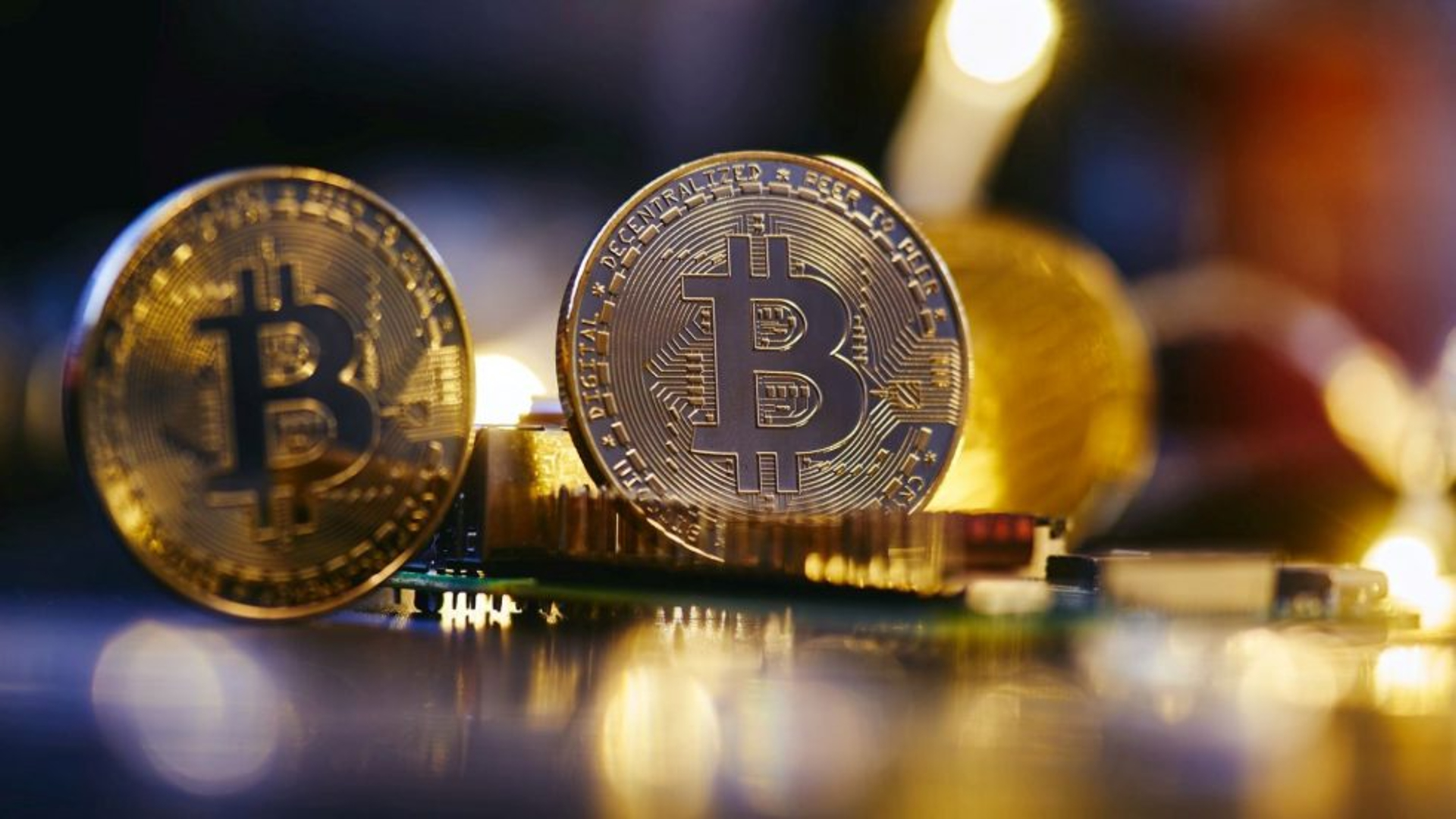
What makes Bitcoin such a revolutionary concept?
January 3, 2024 | Post
In the 15 years since the Genesis Block, the first set of 50 BTCs, was mined in January 2009, Bitcoin’s profile and impact on the global economy has increased exponentially. Hundreds of millions of people around the world have begun to recognize the merits of the truly revolutionary concept of a decentralized peer-to-peer currency.

The elite v. the people: Nigeria’s “cashless experiment”
December 14, 2023 | Post
A cashless society: the International Monetary Fund (IMF) calls it the future of money. The World Economic Forum (WEF) was enthusiastic about the concept way before it was cool. In the United States, the usual suspects such as the Brookings Institute and the New York Times ask our leaders to have the boldness and courage to follow this new path.

If you care about liberty, beware of CBDCs
December 11, 2023 | Post
In recent years, the concept of Central Bank Digital Currencies (CBDCs) has gained increasing traction across the globe, with proponents lauding the potential benefits of a digitized monetary system.
However, when we explore the real-life implications of CBDCs, it becomes increasingly clear that the rush toward digital currencies controlled by central banks poses a significant threat to individual liberty.
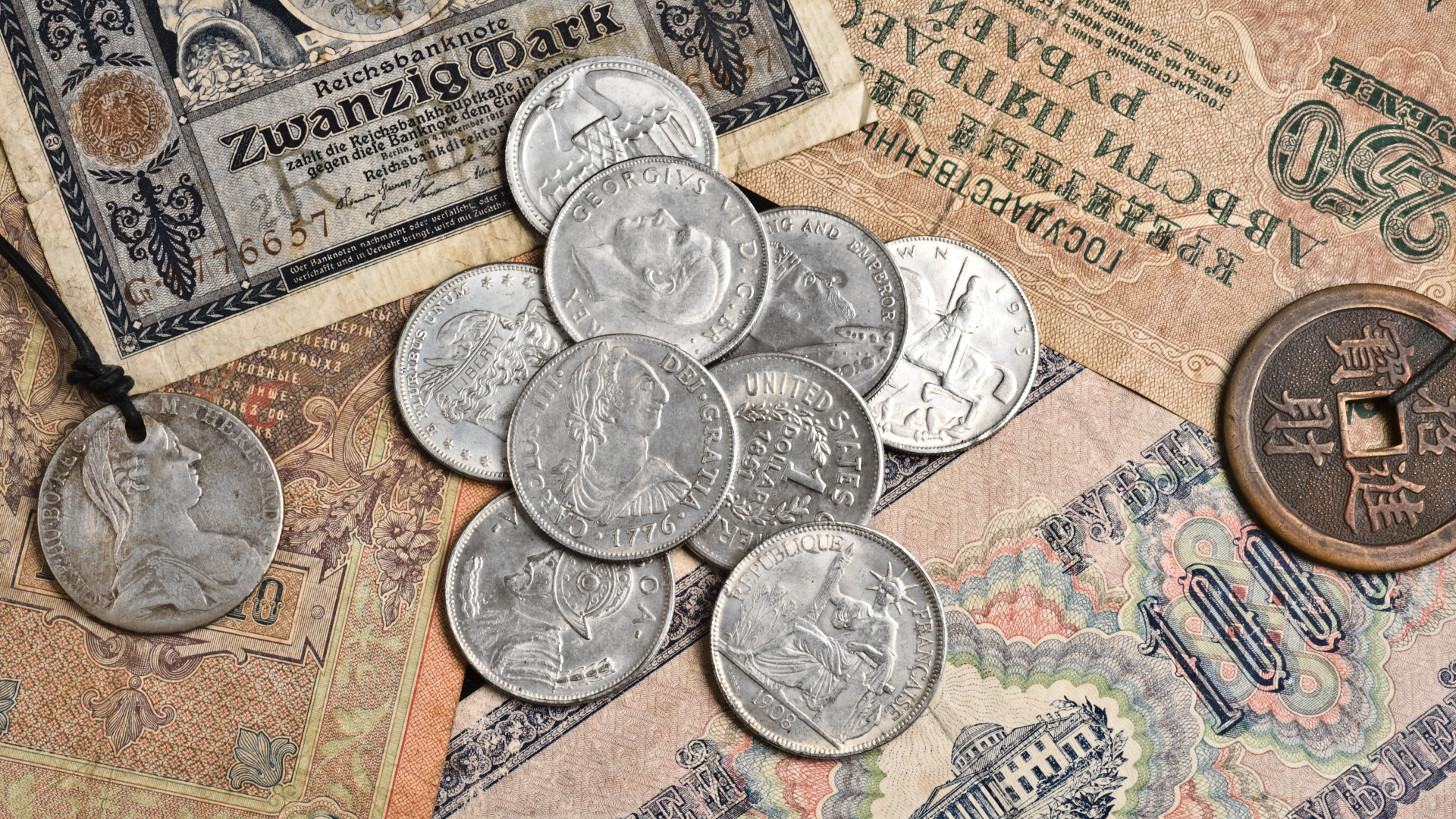
A history of money and the gold standard
July 28, 2023 | Post
The history of money is a story of human ingenuity and economic evolution. From the early days of bartering to the unfortunate establishment of fiat currency to a future rippling with potential thanks to cryptocurrencies, the concept of money has endured a wild ride.

Why can’t you pay for sex?
March 2, 2023 | Post
Consensual sex is legal. But as soon as one party offers cash to another in exchange for sex and that money is voluntarily accepted, it’s considered prostitution, and that is illegal.

Can the clever federal fox be outsmarted?
December 15, 2022 | Post
While the Federal Reserve prints more money to buy more things for the political establishment, the rest of us work to provide them with the resources they need for less pay in terms of purchasing power. So what can we do about it? Can we create alternatives to the Federal Reserve System?

How to prepare yourself for hyperinflation: tips from the Venezuelan experience
December 8, 2022 | Post
While true hyperinflation does not happen often, it’s always good to know the measures you could take to overcome the challenges presented by hyperinflation if ever it occurs in your country (and the chances are never quite zero.)

Stop stealing our future: why inflation matters for everyone
November 10, 2022 | Post
Today, after record prices hit the everyday goods Americans use – food, housing, gas; everyone is familiar with the I-word. However, Americans are struggling to understand how inflation happens and why it matters so much.

Five myths about Ayn Rand and Objectivism
October 14, 2022 | Post
Objectivism is consistently mischaracterized and stereotyped in popular media, and is blamed as responsible for any right-leaning political development. Here are five common myths that you may have heard about Ayn Rand.

Legends of Liberty: Carl Menger
December 20, 2021 | Post
Here’s a brainbuster for you: The product on the left will help keep you alive for 6-8 weeks. It costs $4.49. The other is nothing more than pretty to look at. It costs $161. Why? This paradox — the water-diamond paradox — troubled some of the world’s greatest minds. Plato wondered about it; Copernicus and […]

Don't raise Uncle Sam's credit limit
April 2, 2017 | Post
Once again, the United States government is rapidly approaching a fiscal debt ceiling. After March 16, 2017, Uncle Sam is not legally allowed to borrow any more money to cover its budget deficits, unless Congress votes to raise the debt limit like it has every time in the past. Uncle Sam’s debt has been growing […]

6 women who should be on the $20 bill
March 29, 2017 | Post
We reached out to Learn Liberty professors for suggestions on great women whose achievements should earn them a place on US currency.
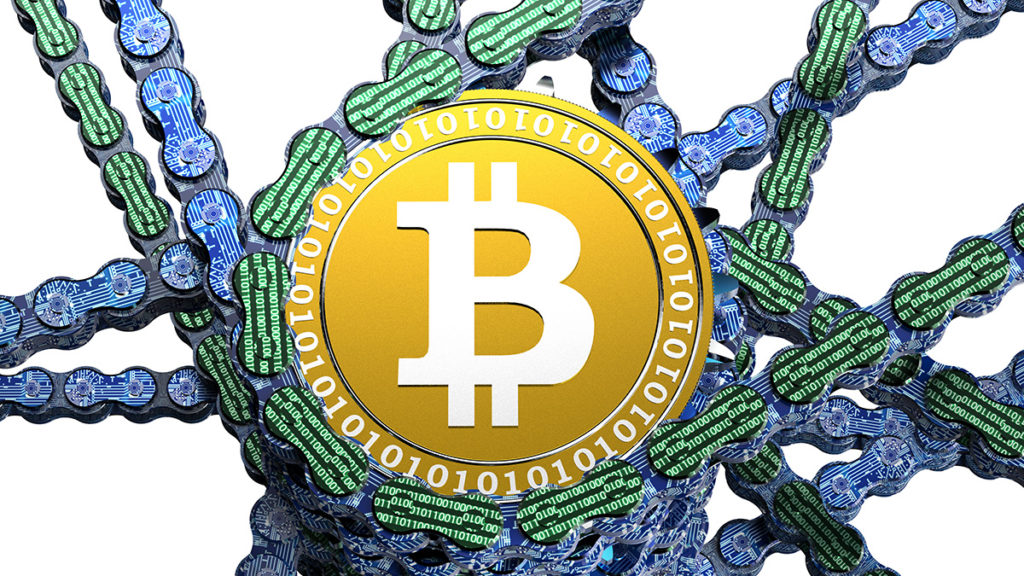
How processing payments with Bitcoin is different than cash, banks
February 16, 2017 | Post
Arguably, the most interesting feature of the Bitcoin system is the way in which Bitcoin payments are processed. To make it clear why payments must be processed at all and how Bitcoin processes payments differently, I’ll look at processing payments with cash and banks before turning to bitcoin. Think about a cash transaction. Cash transactions […]

What is a cryptocurrency?
February 16, 2017 | Post
Cryptocurrency is an item intended for use as a commonly accepted medium of exchange that exists in the digital world and relies on encryption to make transactions secure.
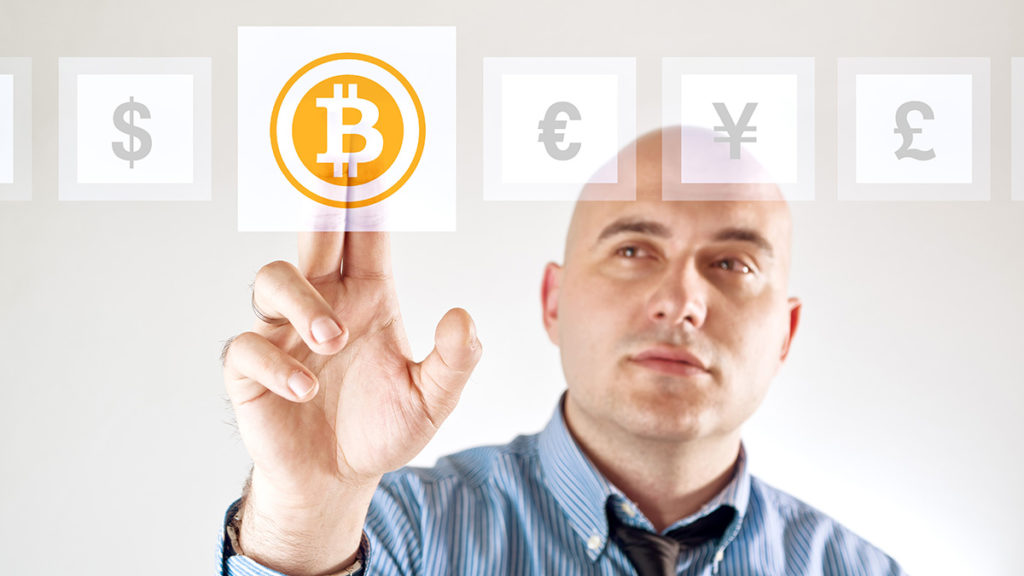
Demystifying Bitcoin
February 15, 2017 | Post
Like something straight out of a Neal Stephenson novel, Bitcoin has cyberpunk sex appeal. It foreshadows a radical change in the social and economic order and is shrouded with a mystique and aura that can be difficult to penetrate.

The international currency playoffs
January 8, 2017 | Post
There are 32 national currencies in these playoffs, from the 32 largest economies in the world. The winner of each currency-to-currency matchup depends on their exchange rates from January 1 to December 20, 2016.

Do colleges have an edifice complex, an amenities arms race, or both?
January 7, 2017 | Post
College construction has focused more on creating non-academic than academic space, and about half of all college space today is for non-academic use.
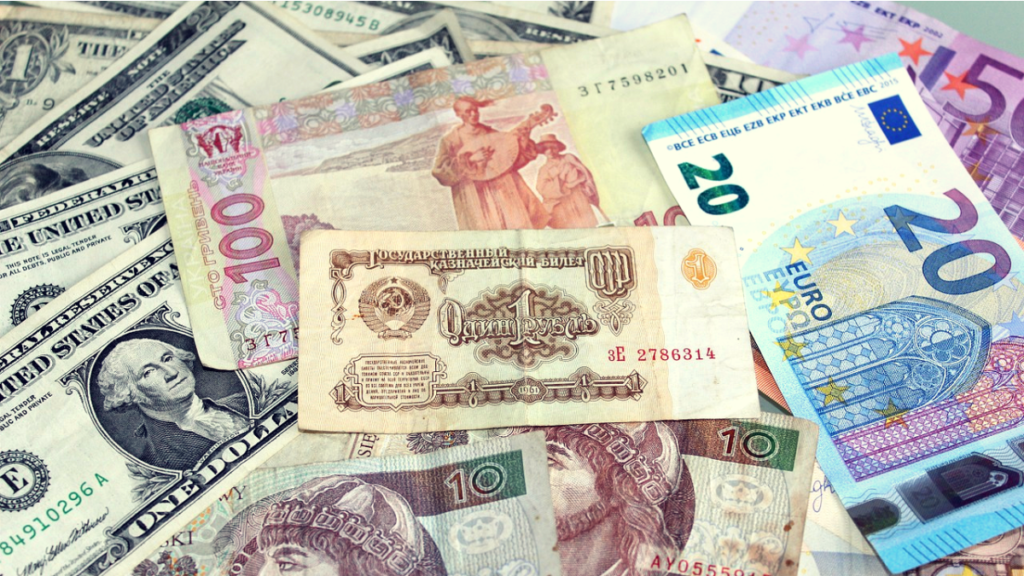
Indian Prime Minister's shake down of private wealth
December 29, 2016 | Post
Indian Prime Minister Narendra Modi stunned his country earlier this month when, out of the blue, he declared 85 percent of the nation’s currency notes null and void.

Fiscal and economic implications of higher interest rates
December 10, 2016 | Post
As the Mercatus Center’s Scott Sumner often says, one ought never to reason from a price change. Interest rates, like other prices, can change for all sorts of reasons; the implications of the change generally depend on the particular reason for such a change.

Pay for bone marrow, save lives
November 29, 2016 | Post
This past week, I was on a panel for a Senate Hill Briefing entitled “Should compensation for bone marrow donors be legal?”

Does paying college football coaches corrupt the sport? Then why not pay the athletes themselves?
November 16, 2016 | Post
Learn Liberty veteran Professors Peter Jaworski and Art Carden met up at a Samford University Bulldogs game to wax philosophical about the economics of college sports. In the video below, Carden asks, “Would it compromise the integrity of the sport if the student athletes were paid for the value they produce for their school?” to […]

What will Donald Trump’s presidency mean for the Federal Reserve?
November 14, 2016 | Post
Here are some thoughts on the implications of Donald Trump assuming the presidency with respect to monetary policy.
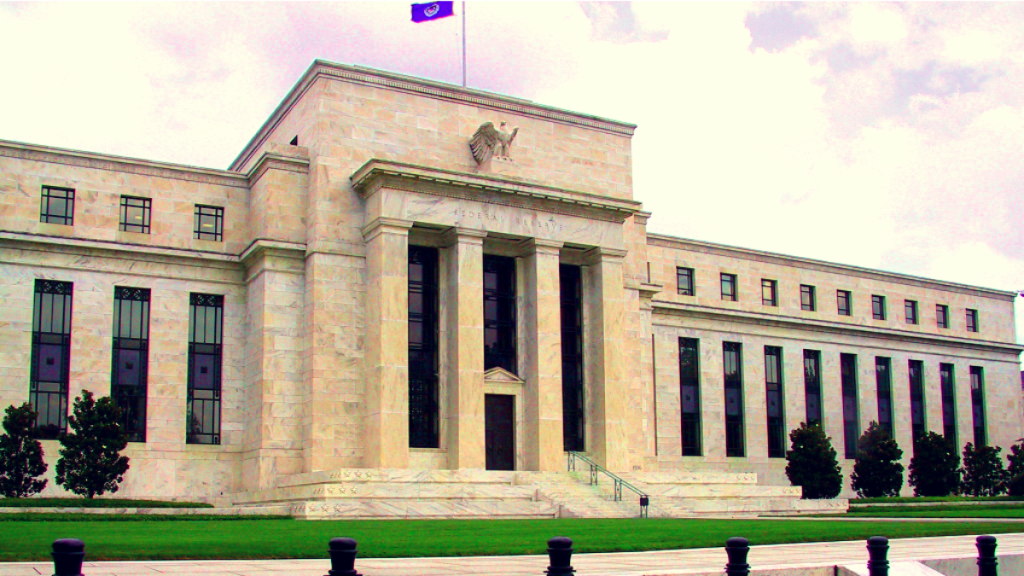
Cash is not the enemy; central banks are
October 19, 2016 | Post
Are interest rates not prices? And if so, should they not be discovered instead of imposed?

Profit Shouldn’t Be a Dirty Word In Drug Development
October 2, 2016 | Post
The spread of markets into the healthcare sector has allowed us to live longer than ever before.

